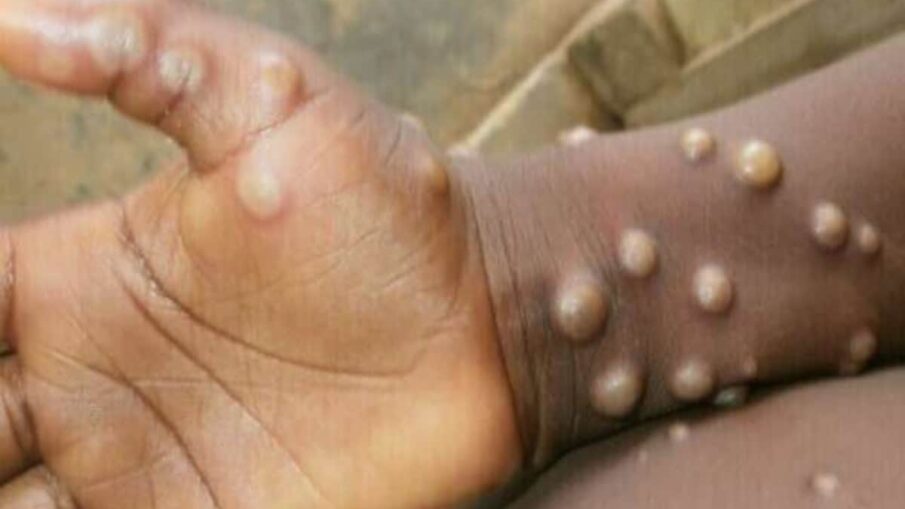According to BBC News, Monkey Pox has been declared a global health emergency why the World Health Organization (WHO).
An article by Cleveland Clinic published on the 17th of June,2022 defines Monkey Pox as a rare disease similar to smallpox caused by the monkeypox virus. It’s mostly found in areas of Africa but has been seen in other areas of the world. It causes flu-like symptoms such as fever and chills, headaches, fatigue, muscle pains and a rash that can take weeks to clear. Monkeypox is rare, But the number of cases is increasing in Africa, as well as in regions that haven’t seen these infections before.
How you get Monkey Pox: Monkeypox can be passed on from person to person through:
1. Physical Contact: Any close physical contact with monkeypox blisters or scabs (including during sexual contact, kissing, cuddling or holding hands), the coughs or sneezes of a person with monkeypox when they’re close to you. The virus can enter the body through broken skin, the respiratory tract or through the eyes, nose or mouth.
2. Items from infected people: Touching the clothing, bedding or towels used by someone with monkeypox. Any item that has been previously touched the infectious rash or body fluids.
3. Infected Animals: It’s also possible for people to get monkeypox from infected animals, either by being scratched or bitten by the animal or by preparing or eating meat or using products from an infected animal.
You can prevent Monkeypox by
- Avoiding contact with infected animals (especially sick or dead animals), Avoid contact with people who may be infected with the virus, also avoid contact with bedding and other materials contaminated with the virus.
- Thoroughly cook all foods that contain animal meat or parts.
- Wash your hands frequently with soap and water.
- Wear a mask that covers your mouth and nose when around others.
Seek medical care if the symptoms are worse than usual.
- Trouble Breathing
- Stiff neck.
- Are confused or can’t think clearly.
- Difficulty speaking or moving.
- Loss of consciousness.
- Seizures.
- New or worsening chest pain



